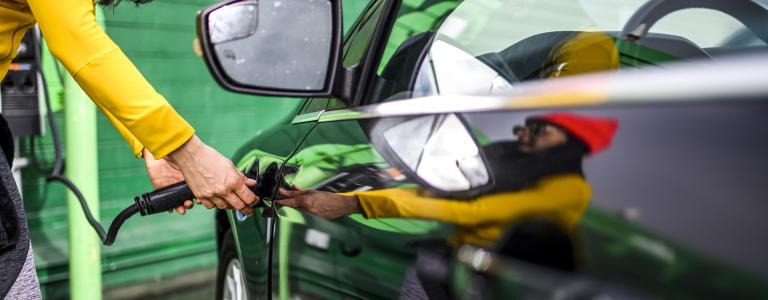IISD Joins Global Battery Alliance
IISD is pleased to announce that it has joined the Global Battery Alliance (GBA) as a non-profit member. The GBA is a public–private collaboration platform founded in 2017 at the World Economic Forum to help establish a sustainable battery value chain by 2030.
IISD joins a community of diverse stakeholders that are well placed to advance responsible and circular battery value chains.
"Batteries have emerged as a key technology to electrify and decarbonize the global economy," said Richard Florizone, President and CEO, IISD. "We are keen to contribute to the GBA’s work with our knowledge on policies for responsible stewardship of our natural resources, our extensive expertise on energy policy reform, and our years of research and advocacy on the economic frameworks needed to support the energy transition."
Evolving battery technologies are particularly important for mining countries that can produce the critical mineral inputs for next-generation batteries, such as cobalt, lithium, and graphite. IISD works with resource-rich countries as host of the Secretariat of the Intergovernmental Forum on Mining, Minerals, Metals and Sustainable Development (IGF). The IGF has a growing focus on critical minerals for the energy transition, which is also the theme of the IGF’s Annual General Meeting in November 2022.
“In joining the GBA, we hope to share the expertise and experience from our member counties, which represent most of the world’s mining nations,” said Greg Radford, Director, IGF.
You might also be interested in
State of the Sector: Critical energy transition minerals for India
This report presents a comprehensive strategy for securing a reliable supply of critical energy transition materials (CETMs) essential to India's clean energy and low-carbon technology initiatives.
IGF Case Study: Decarbonization of the Mining Sector
Case studies from Chile, Indonesia, and South Africa that delve into the role of the mining sector in efforts to reduce greenhouse gas (GHG) emissions.
"Electrify, Baby, Electrify": In 2025, governments must choose a safer world
President Trump campaigned on the slogan “drill, baby, drill,” yet, the case for transitioning from fossil fuels to clean energy has never been stronger.
December 2024 | Carbon Minefields Oil and Gas Exploration Monitor
In November 2024, 23 oil and gas exploration licences were awarded across five countries, with Russia granting the licences that account for the largest portion of embodied emissions.
